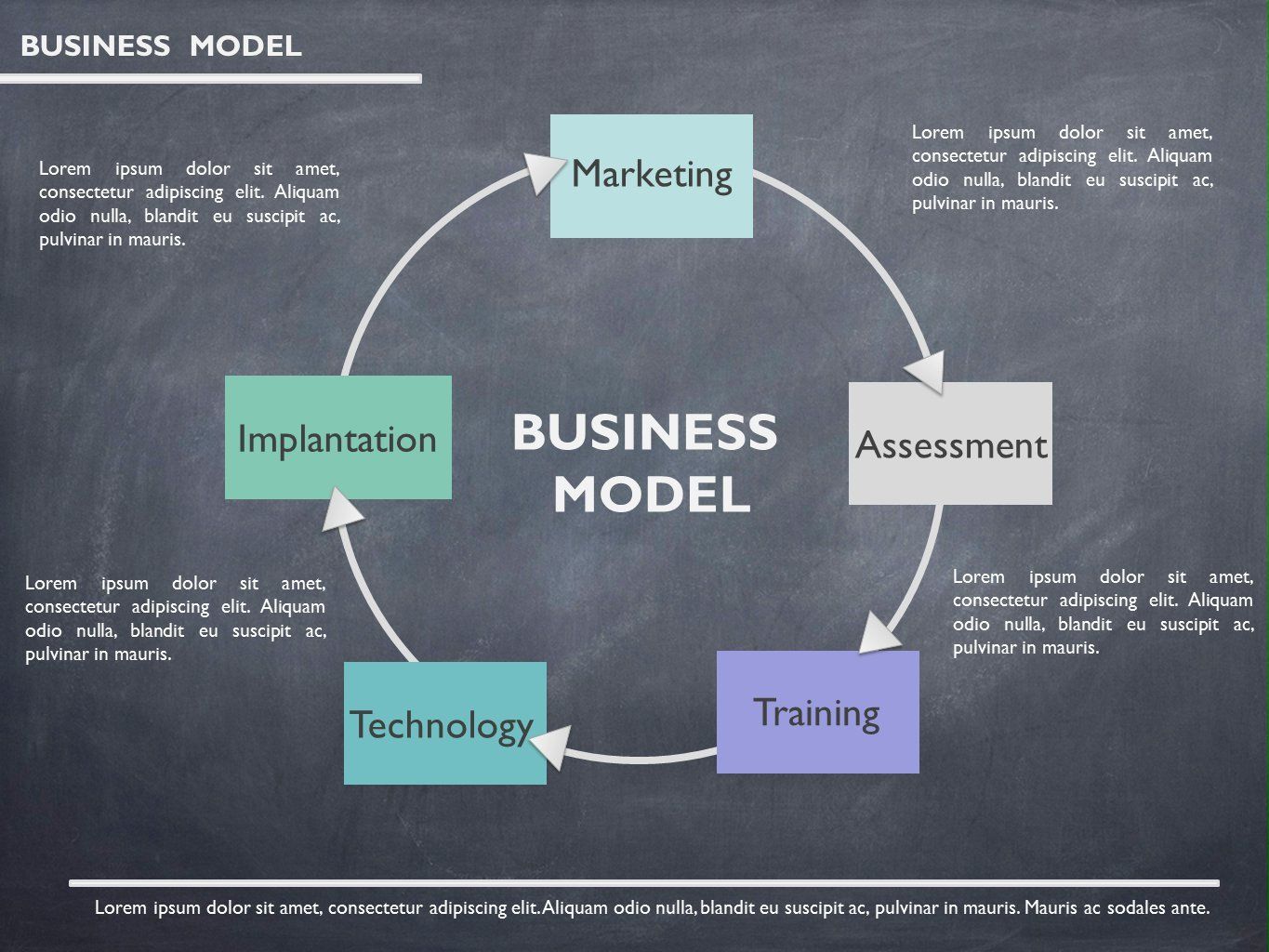The first breath you take is filtered. Conditioned to a perfect 22 degrees Celsius, carrying a faint, professionally engineered scent of white tea and something vaguely botanical. The sheets, a thread count so high it feels like liquid silk, make no sound as you move. For a full 12 seconds, floating in that pre-conscious state, you have no anchor in space or time. You could be in Shanghai. You could be in Doha. You could be on the 42nd floor of a glittering tower in Miami. There is absolutely no data available to your senses that suggests a specific location on planet Earth. Only after you find the small, unmarked black button among 12 identical other buttons on the wall panel does a silent motorized curtain retract, revealing a city. Oh, right. Lisbon. The view is the only thing that proves you actually traveled.
The Promise of Inoffensiveness
This is the silent promise of modern five-star luxury: you will be protected from the unpredictability of place. You have paid a premium not for an experience of culture, but for a hermetically sealed escape from it.
The global hospitality conglomerates have perfected a form of sensory deprivation chic, an International Style of Inoffensiveness. The color palette is a tightly controlled spectrum of beige, taupe, greige, and ecru. The art is large, abstract, and emotionally inert. The furniture is low-profile, exquisitely crafted, and completely devoid of personality. It is a beautiful, expensive, and profoundly lonely aesthetic. It is a room that makes no demands of you, and in return, offers you nothing of itself.
Terroir-less Living
I was talking about this with a man named Ethan J.D. the other day. Ethan’s a seed analyst, a job I didn’t know existed, and he travels for what seems like 232 days a year. He evaluates the genetic integrity of heirloom seeds for agricultural consortiums. His entire world is about specificity, about the minute, unique code that makes a tomato from Puglia different from one from California. He understands terroir.
“
“They’re selling terroir-less living,” he said, swirling a glass of lukewarm water the hotel had inexplicably infused with a single, sad-looking cucumber slice. “Last month, I was in a new hotel in Kyoto. It cost $1,282 a night. The lobby had the same chrome loungers, the same Ficus trees, and the same brand of overpriced sparkling water as the hotel I stayed at in São Paulo two months before. I am flying 12 hours to sleep in a slightly different version of the same room.”
“
He’s right. This isn’t an accident; it’s a feature. It’s the result of a risk-averse corporate strategy that prizes consistency above all else. When you have 102 properties across 42 countries, the goal is to eliminate variables. A unique, handcrafted piece of furniture from a local artisan is a variable. It introduces risk. What if it breaks? What if a guest doesn’t like its rustic charm? It’s far safer to order 22,000 identical beige armchairs from a single supplier in Italy.
It’s the brutal logic of scale applied to the business of soul.
They have calculated the precise level of blandness required for maximum market appeal and minimum complaints. The result is a product that is globally consistent and locally irrelevant.
The Confession and The Trap
I’ve read the terms and conditions of these places, sometimes out of sheer boredom on a long flight. The language is always about guarantees, about standards, about a predictable outcome. You are purchasing certainty. And here is a confession that feels like a betrayal of my own argument: sometimes, I crave it. I once had a travel day that lasted 42 hours, involving two cancellations and a lost bag. When I finally stumbled into a hotel lobby that was, yes, a temple of polished beige, I almost wept with relief. The predictable room, the standardized menu, the generic hum of the air conditioning-it was a balm.
The absence of character felt like a sanctuary because I had no emotional bandwidth left for character. I just wanted a quiet box to fall apart in.
And that, right there, is the trap.
Connection, Not Insulation
We accept the sterile environment because it feels safe, and we begin to associate safety with quality. But true luxury shouldn’t be about insulation.
It should be about connection.
It should be about experiencing a place in its highest, most authentic form.
The mistake I keep making is booking these places expecting them to deliver that. A few years ago, I booked a renowned hotel in Punta Cana for an anniversary. The photos were stunning, all clean lines and infinity pools. But when we arrived, I felt that familiar sinking feeling. The resort was a fortress, a beautiful bubble walled off from the island it occupied. We could have been anywhere with a beach. After two days of feeling like we were observing the Dominican Republic through a sterilized window, we started looking for a way out, a way to actually feel the place. That’s when we found out about the private estates, the kind of Punta Cana villas for rent that were built by people who loved the land, not by a committee focused on brand synergy. Places with names, with history, with architecture that responded to the sun and the breeze instead of fighting them.
The Engineered Sensation
It’s a strange tangent, but think about the doors. The front door to a luxury hotel room has a very specific weight. It closes with a deep, satisfying thump, controlled by a hydraulic arm that ensures it never slams. It’s an engineered sound, designed to communicate security, solidity, and expense. That single sound is a microcosm of the entire experience: a flawlessly executed, entirely artificial sensation. Every element is tested, focus-grouped, and optimized to create a frictionless experience. But life has friction. Culture has friction. Memorable experiences are born from the grit of the unexpected, not the polished gleam of the predictable.
This quest for a uniform “global standard” has created a world full of beautiful, soulless spaces that are memorable only for their profound forgettability. We check in, we admire the minimalist decor, we sleep on the 802-thread-count sheets, and we leave without a single new impression burned into our memory. The hotel has performed its function perfectly: it has provided high-end lodging while leaving no trace on our soul. It is the ultimate passive environment. A place where nothing can go wrong, and also where nothing can truly happen.
Relocation, Not Travel
Ethan J.D. finished his cucumber water.
“
“The most valuable things are always specific,” he said, looking out the giant plate-glass window at the bustling, chaotic, authentic city below. “A seed that can only grow in one valley, a story that only one person can tell, a feeling you can only get in one particular place on Earth.”
He stood up to leave. “The rest isn’t really travel. It’s just relocation.”
“







































































































































































































































































































































































































































































































































